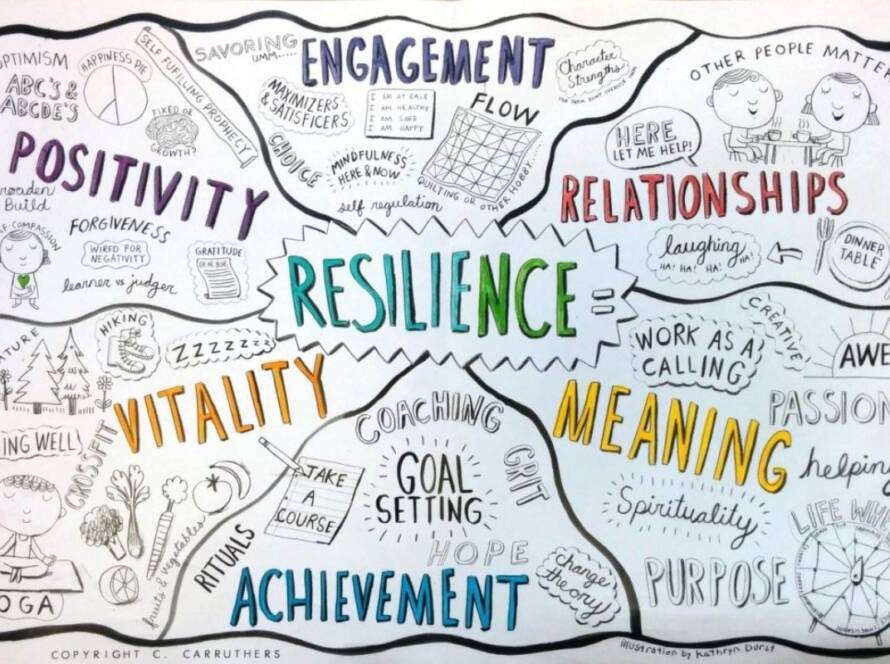In today’s world where life has become a rat race which is full of ups and downs, a lot of people might suffer from health-related issues which might not be just physical but mental also. The well-being of your mental health is as important as the well-being of your physical health for the betterment of your overall health. We all face stress, anxiety, and emotional ups and downs at some point in life—whether it’s due to career setbacks, heartbreak, financial struggles, or personal loss. While resilience often helps us push through, there are times when we need a little extra support. And that’s okay. Seeking help isn’t a sign of weakness—it’s a step toward healing, growth, and reclaiming your peace of mind.
Seeking therapy and professional help is one of the most powerful steps you can take toward mental well-being. Yet, in our society, deep-rooted stigmas make many people hesitant, fearing they’ll be judged or labeled as “mentally unstable.” As a result, countless individuals suffer in silence. But here’s the truth: taking care of your mental health is just as essential as caring for any other part of your body. If your liver or bones were in trouble, wouldn’t you consult a specialist? Your brain is no different—it deserves the same attention, care, and expertise. Prioritizing mental health isn’t a sign of weakness; it’s a sign of strength. It’s time to break the stigma and embrace the fact that seeking help is a step toward healing, growth, and a better life.
People seek therapy for many reasons, but at its core, it’s a powerful tool for navigating life’s challenges. It won’t offer an instant fix, but with the right approach and techniques, therapy can empower you to heal, grow, and build a stronger, healthier mindset. Whether you’re facing struggles or simply want to understand yourself better, therapy can be a transformative step toward a better you. Nowadays, it is possible to connect with a therapist via the Internet, so there’s no need for an in-person visit. It’s crucial to understand that asking for assistance is not a weakness; rather, it is an important move toward taking care of yourself. The earlier you pursue support, the more quickly you can get back on track. But before seeking help, you have to understand the signs that you might need therapy. Here are some key signs:
1. Persistent Sadness or Anxiety – If feelings of sadness, worry, or hopelessness linger for weeks or months, therapy can help you regain clarity and emotional balance.
2. Struggling with Daily Life – When everyday tasks start to feel overwhelming, or responsibilities seem unbearable, it may be time to seek support.
3. Disruptions in Sleep or Appetite – Drastic changes in eating or sleeping patterns—whether too much or too little—can be red flags for emotional distress.
4. Uncontrollable Anger or Irritability – Frequent mood swings, frustration, or unexpected outbursts may be signs of deeper emotional struggles that therapy can help manage.
5. Loss of Joy in Activities – If things that once brought happiness—hobbies, socializing, or personal passions—no longer spark interest, it could be a sign of depression.
6. Unhealthy Coping Mechanisms – Relying on alcohol, drugs, or other destructive habits to escape reality may indicate a need for professional help.
7. Strained Relationships – Constant conflicts with loved ones or difficulty maintaining healthy relationships may be linked to unresolved emotional challenges.
Taking care of your mental health is just as important as your physical well-being. If any of these signs resonate with you, reaching out for support could be the first step toward a healthier, happier you.s.
Now that you’ve recognized the need for therapy, the next step is knowing how to seek help. In a world where information is at your fingertips, finding the right support has never been easier. Here’s how you can take charge of your mental well-being:
1. Acknowledge Your Feelings – Seeking therapy is an act of courage, not weakness. Embracing this truth is the first step toward healing.
2. Find the Right Therapist – Look for licensed professionals who specialize in your concerns. Online directories and reviews can help you make an informed choice.
3. Explore Online Therapy – If in-person sessions feel daunting, virtual counselling offers a flexible and accessible alternative.
4. Reach Out for Recommendations – Talk to a trusted friend, family member, or healthcare professional for guidance. Sometimes, the best referrals come from personal experiences.
5. Take the Leap – Book your first session and approach it with an open mind. Growth begins the moment you decide to prioritize yourself.
Your mental health matters—start your journey today! Therapy can be life-changing, providing clarity, coping skills, and emotional resilience. If you recognize these signs in yourself, consider seeking help—it’s never too late to prioritize your mental well-being.



